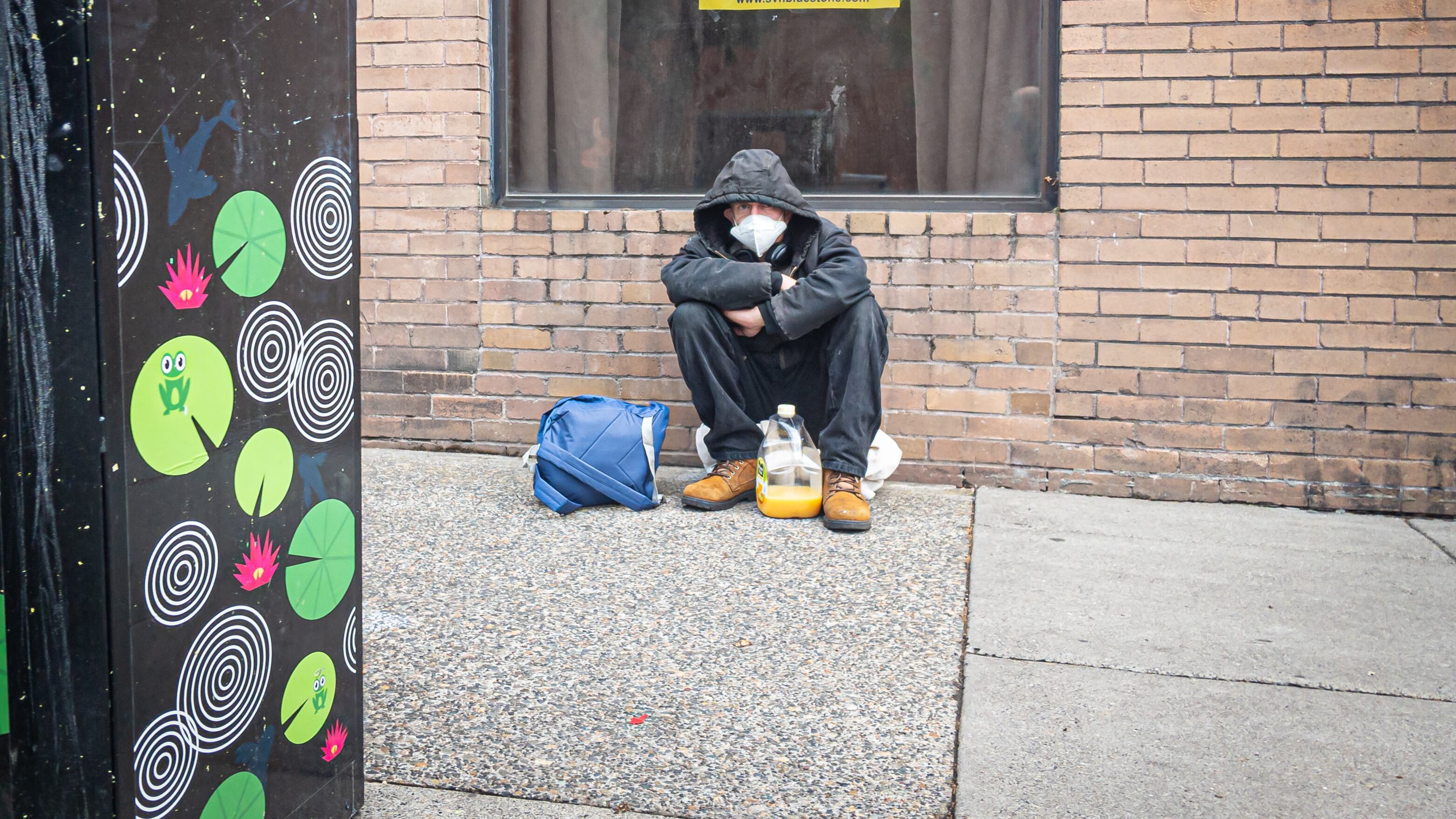The Portland City Auditor's Office this week released its audit of city oversight of three "enhanced service districts," or ESDs, in which private landowners pay for additional services, such as policing, prosecution, and graffiti removal.
There are three such districts in the city: Clean & Safe, the largest and oldest, which has operated downtown since the 1980s; the Lloyd District, the smallest, which dates to the early 2000s; and Central Eastside, which was formed in 2018.

Their budgets are about $5 million (Clean & Safe), $3 million (Central Eastside), and $500,000 (Lloyd).
The city collects the money from landowners in each district and distributes it for services the districts choose, including a security patrol and four Portland police officers downtown, a dedicated Multnomah County prosecutor for the Lloyd District, and security patrols and graffiti removal in the Central Eastside.
Related: One Day With the Squad That Removes Needles and Feces From Downtown Portland Streets.
The audit was critical of the city's lack of oversight of how the districts spend the money the city collects for them and how the districts interact with the public.
Specifically, the audit found that although each district is required to prepare annual budgets as well as audits and reports on services provided for the city's Revenue Bureau, city officials did not collect or review those reports.
"We found [the city's] hands-off approach may lead to disparate law enforcement outcomes in districts and limits community members' ability to influence district activities and monitor the results," the audit said.
As an example of how the public might be harmed, the auditors provided the example of the public consumption of alcohol, which might be treated as a crime in an ESD but ignored elsewhere in the city.
Auditors also noted the city failed to collect and review complaints made against the security officers working in the private districts. Critics say that gives the ESDs carte blanche to treat homeless people more roughly.
The Western Regional Advocacy Project, which advocates for people experiencing homelessness, responded to the audit with outrage and noted it had tried without success to obtain public records that would shed more light on the districts' operations.
"The fact our local government allows ANY private entity to patrol, control and dominate public space seriously undermines the ability for all community members to exist in our sidewalks, streets, parks and plazas, which are supposedly open and accessible to all," the group said in a statement.
"The fact the city of Portland legally collects public funds and turns those funds over to private entities to facilitate the takeover of public space is egregious enough. On top of that, to then refuse to hold those entities accountable for their actions, not to mention to refuse to even monitor their actions and use of public funds is a total capitulation of governmental responsibilities. Worst of all, city officials have known they are operating in this manner."
Thomas Lannom, the director of the city's revenue division and its deputy chief financial officer, said in a written response to the audit that he largely agreed with its findings and pledged to increase oversight of the districts, shifting that responsibility from the Revenue Bureau to the Office of Management and Finance.
"An important piece of context that may be lost in the audit is that Revenue has historically been strongly encouraged by ESD administrators, subject property managers and City Council to keep administration costs low to maximize available resources for service provision," Lannom wrote.
"[But] we believe ESDs have grown to a size and scope that a dedicated ESD manager would be appropriate."

